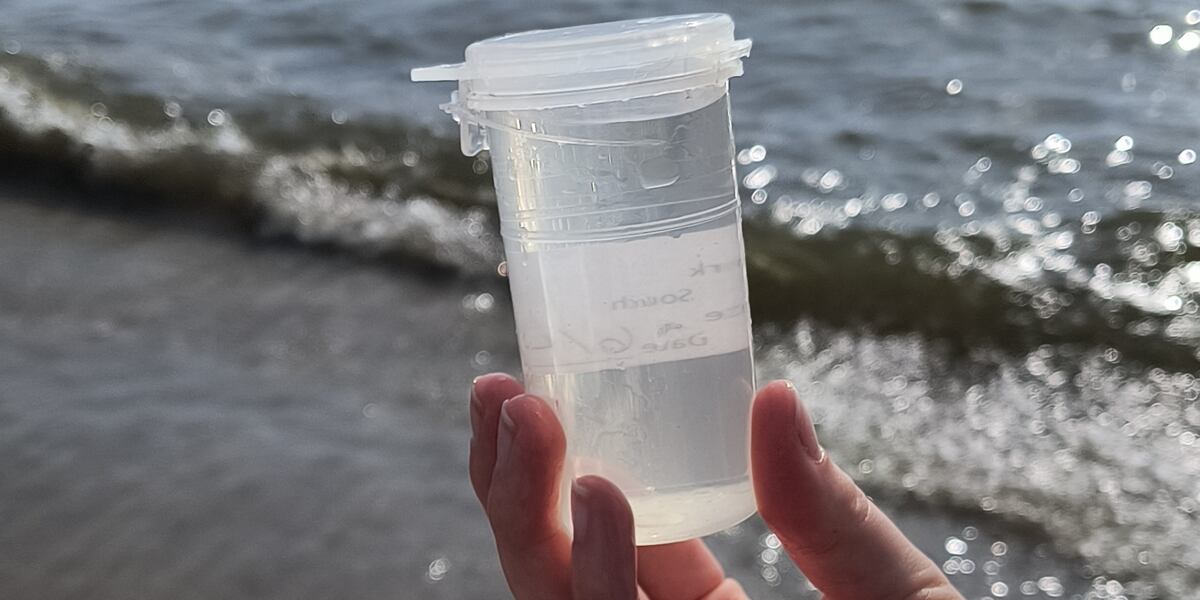Monroe Co. Health Department to resume Lake Erie beach monitoring
MCHD will be collecting water samples at Lake Erie beaches to determine if the water is safe for swimming. The Monroe County Health Department (MCHD) is resuming its beach monitoring program at Lake Erie beaches from Memorial Day through Labor Day. The department will collect water samples from Lake Erie beach locations to determine if the water is safe for swimming. The results will be available on the MCHD website the following day. The samples are being tested for E. coli bacteria, which can indicate the presence of other disease-causing bacteria. A whole-body contact advisory will be issued if the bacteria levels exceed limits established by the Michigan Public Health Code, which will be lifted when the levels fall back within acceptable levels. Concerns about unsafe public swimming pools or beaches should contact the Environmental Health Division at 734-240-7900.

प्रकाशित : 12 महीने पहले द्वारा Jake Pietrasz में Health
TOLEDO, Ohio (WTVG) - The Monroe County Health Department has announced that it is resuming its beach monitoring program at Lake Erie beaches.
Every Tuesday, from Memorial Day through Labor Day, the Monroe County Health Department will be collecting water samples at Lake Erie beaches to determine if the water is safe for swimming. Results of the analysis will then be available the following afternoon and can be viewed on the MCHD website.
“As the weather warms up, so does our Lake Erie water, attracting many swimmers to enjoy the summer weather,” says Chris Westover, Environmental Health Director of the Monroe County Health Department. “We want to remind everyone to follow any whole-body contact advisories and beach closures if they occur to keep themselves and their families safe from any diseases or pathogens.”
MCHD says the water samples are being tested for E. coli bacteria, which live in the digestive systems of humans and other warm-blooded animals. Most strains of the E. coli bacteria are not dangerous, but they can indicate the presence of other disease-causing bacteria.
The samples are taken one foot below the surface in water that is between three and six feet deep and a minimum of three samples will be collected at each beach location.
According to MCHD, a whole-body contact advisory will be issued if it is determined that the levels of bacteria exceed the limits established by the Michigan Public Health Code. If an advisory is posted due to bacterial contamination, MCHD will monitor the water quality at the beach and the advisory will be lifted when bacteria levels fall back within acceptable levels.
MCHD says during an advisory, it is possible that a beach could be closed for swimming but other recreational activities at the beach may still be available.
Any resident suspecting unsafe or unsanitary public swimming pools or beaches should contact the Environmental Health Division at 734-240-7900.
For more information about the beach monitoring program, click here.
